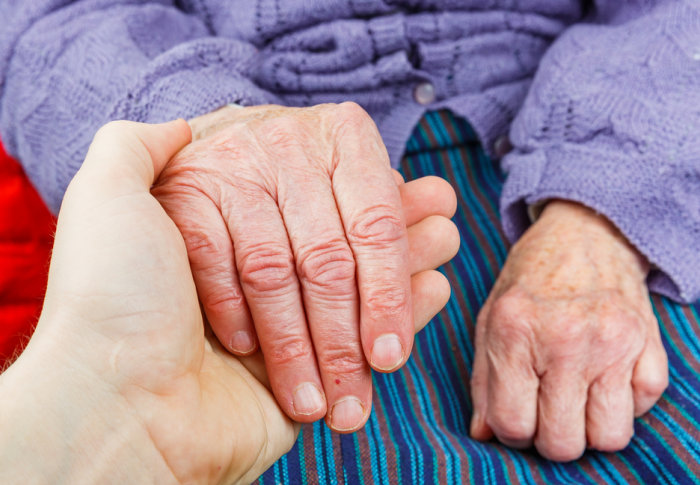E-learning could train community health workers to help COVID-19 efforts
by Ryan O'Hare

Emergency programme could train thousands more to help vulnerable groups
UK researchers say an emergency programme to train thousands of community health workers could help vulnerable groups during the COVID-19 pandemic.
Writing in a comment piece today in The Lancet, they suggest a large-scale programme could train a workforce to help the estimated 1.5 million elderly and vulnerable people in the UK who may be in isolation for 12 weeks.
The authors, from Imperial College London, The London School of Hygiene and Tropical Medicine, and Queen Mary University of London, propose an online-based learning programme could be used to train people at lower risk, such as healthy, symptomless adults between the ages of 18-30.
The government’s launch of NHS Volunteers is a step in the right direction, however this crisis requires a fully-funded recruitment drive Dr Matthew Harris School of Public Health
These newly trained community health workers (CHWs) could then support the most vulnerable people in their homes, carrying out basic assessments such as temperature checks, but which could potentially provide support in widespread testing for COVID-19, as well as a long-term model of care in the UK.
Dr Matthew Harris, from the School of Public Health at Imperial College London, said: “This crisis requires a coordinated, systematic, national response where CHWs that are trained to deal with testing, surveillance and active case finding can also support people in their homes with health and social care issues.
“The government’s launch of NHS Volunteers is a step in the right direction, however this crisis requires a fully-funded recruitment drive so that people can dedicate their time fully and be reimbursed appropriately.
“Unfortunately, there will be many job losses as certain industries begin to fail, but by pivoting those affected into this much-needed service then there is an opportunity to solve several problems simultaneously.”
Read the full comment piece online.
-
‘National UK programme of community health workers for COVID-19 response’ by Andy Haines, Enrique Falceto de Barros, Anita Berlin, David Heymann and Matthew Harris, is published in The Lancet. DOI: 10.1016/S0140-6736(20)30735-2
Article text (excluding photos or graphics) © Imperial College London.
Photos and graphics subject to third party copyright used with permission or © Imperial College London.
Reporter
Ryan O'Hare
Communications Division